Thanks to a grant from Lyda Hill Philanthropies, community college students will soon be able to participate in STEM research at Texas Woman’s University.
Under the grant, 100 undergraduate students from Dallas College, North Central Texas College and Tarrant County College can engage in research at TWU alongside graduate students and mentors. An article published by the university elaborated that the students will take part in “one-day experiential STEM learning opportunities” on campus, and of those 100 students, 10 will earn two-week long paid internships.
“The way that this program is going to work is that it will support research partnerships… where the student has the opportunity to come to TWU and do research with folks in biology, chemistry or environmental science,” Juliet Spencer, director of the TWU School of Sciences, said. “We in the sciences think laboratory research is the ultimate experiential learning because you really are learning by… [working] with different aspects of the experiment. But I think there’s a lot of ways to participate in experiential learning, even if it’s just going to seminars, talking with faculty, or getting involved in a lab class that has a hands-on component, volunteering in the butterfly garden.”
According to Spencer, many resources would become open to these students if they later chose to transfer to TWU. Such resources include other funded projects from organizations like the National Science Foundation and Department of Education, accelerated master’s programs, mentoring and workshops.
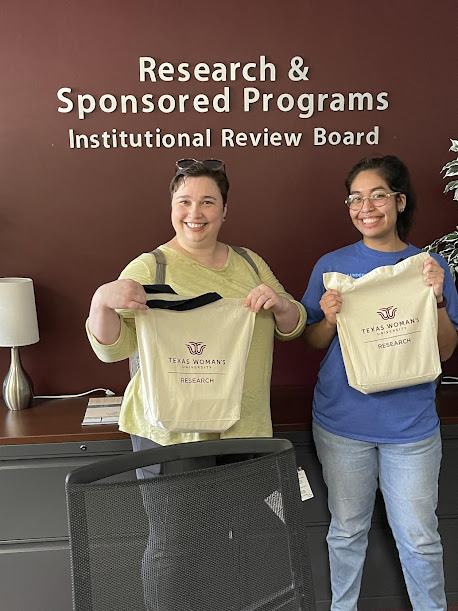
Prior to the establishment of this program, a smaller version with Dallas College had been launched earlier in the year. Students from Dallas College were able to experience a research preview day at TWU’s campus. From the group, Iryna Martsinovich and Sofia Salazar applied to and earned two-week summer internships at the university.
“The program [was] a collaboration between Dallas College and TWU called ARISE X TWU,” Salazar, a sophomore at the Dallas College Richland campus, said. “Before the summer internship, [ARISE X TWU] was actually an eight-week program that started at Brookhaven campus. And so there we did a water sample testing and we tested for E. coli and Salmonella over an eight-week period. And so then, once we got to TWU, me and Iryna, we were put into already-existing grad student experiments.”
Salazar was chosen to work in Dr. Zane Lybrand’s lab, where she was taught how to section, stain and photograph tissue samples from organoids. Meanwhile, Martsinovich worked with Dr. Tina Gumienny, studying the C. elegans species of nematodes. Both students said they valued their time at TWU.
“I’ve never suspected that something like undergraduate research, like an internship, would bring so much joy,” Martsinovich, a biology student at Dallas College, said. “Dr. G was always there. Her presence during this time and her guiding and coaching… it just made the whole thing spectacular. I asked [for] special permission to stay with her for two extra days so I can actually observe more… and I just, I couldn’t say goodbye.”
“The thing that I actually appreciated the most from my experience is that, even though I was only there for two weeks, Dr. Lybrand really treated me like I had already been in his lab for years,” Salazar said. “I was invited to all the lab meetings. I had lunches with some of the people in the lab even though I was only there for ten days, not including the weekend. They really just put me in there and they trusted me completely… I even went to somebody’s going away party because they got another job. I didn’t know who that person was. But they invited me to go because they treated me as part of the lab.”
Spencer, Martsinovich and Salazar believe that the new STEM program will provide its participants with a worthwhile experience.
“[The summer internships] were very positively received by the faculty and by the students that work with the faculty already in their labs,” Spencer said. “That’s one of the reasons why we were able to proceed with the larger program that’s funded by Lyda Hill Philanthropies, and why the same faculty have offered to participate again.”
According to Martsinovich, the quality of the program’s participants will especially contribute to its ability to thrive.
“I believe this program filters itself and basically leaves the best of the best, and/or those who have the most passion or the most interest,” Martsinovich said. “So I believe that it’s going to be a very valid, valuable and living program for quite some time.”
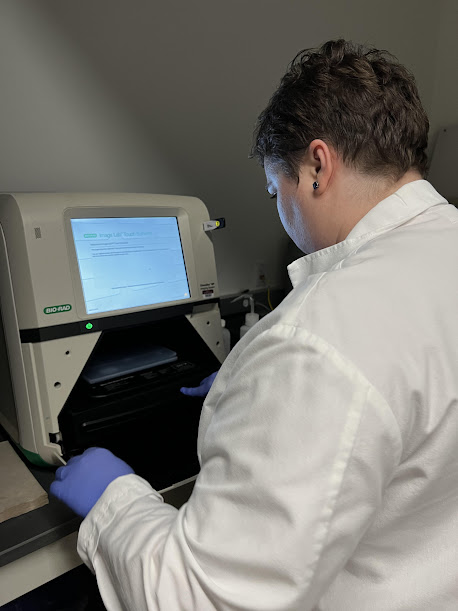
Salazar finds the program to be particularly advantageous for women in STEM, she said.
“Getting that kind of experience just to get thrown in there and be trusted immediately, whereas historically, women in STEM have not really been given that opportunity, it was so breathtaking and relieving to know that I could actually do this and be successful,” Salazar said. “And so to get other students at other colleges the opportunity to do that and to get more people on board, I definitely think it’s one of the most beautiful things that could ever come out of this pilot program that me and Iryna did.”
Jocelyn Truong can be reached via email at jtruong1@twu.edu.

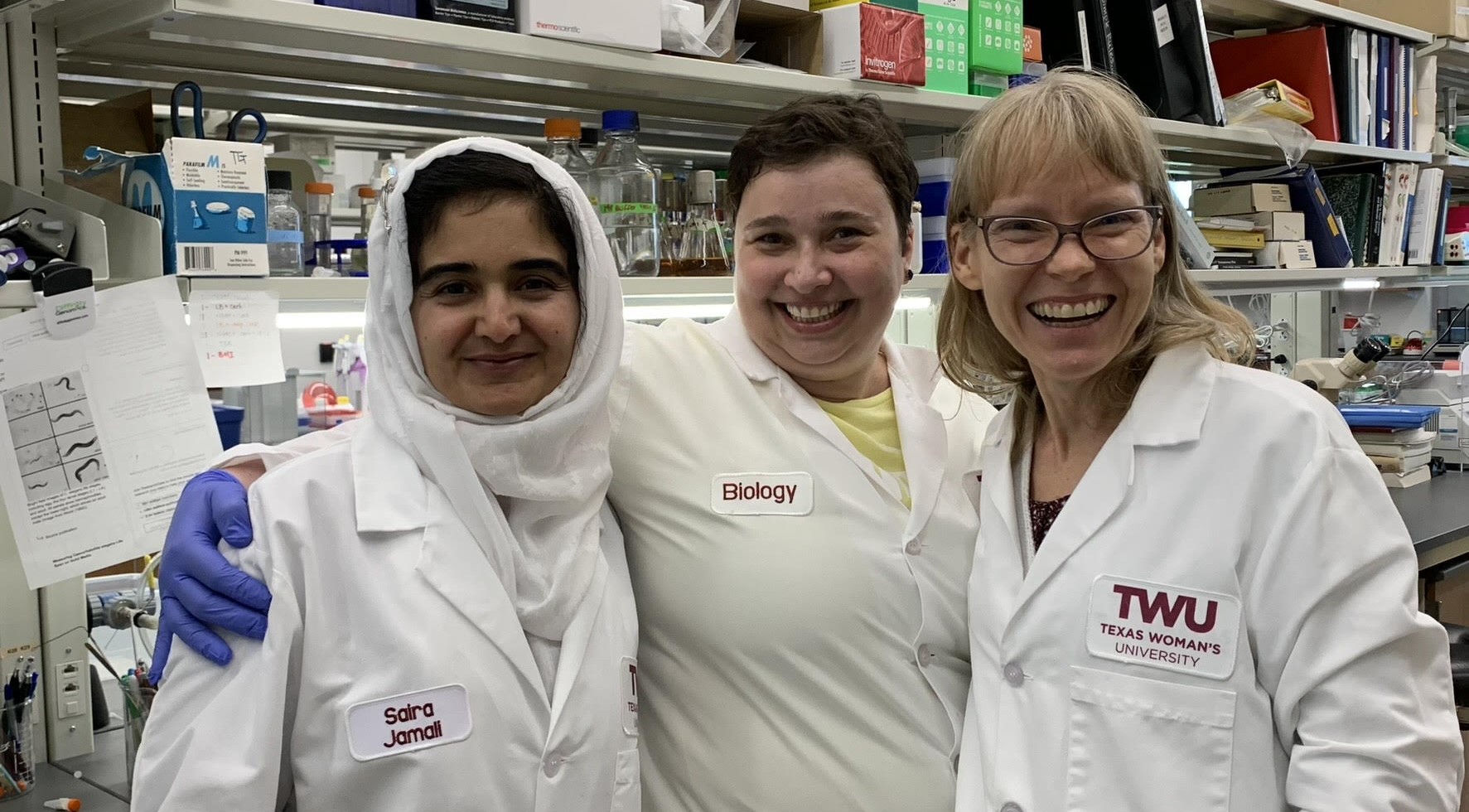
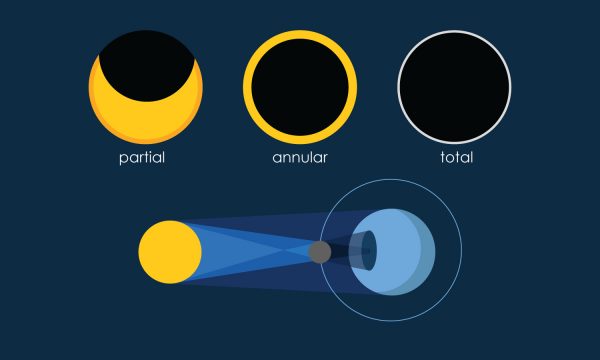
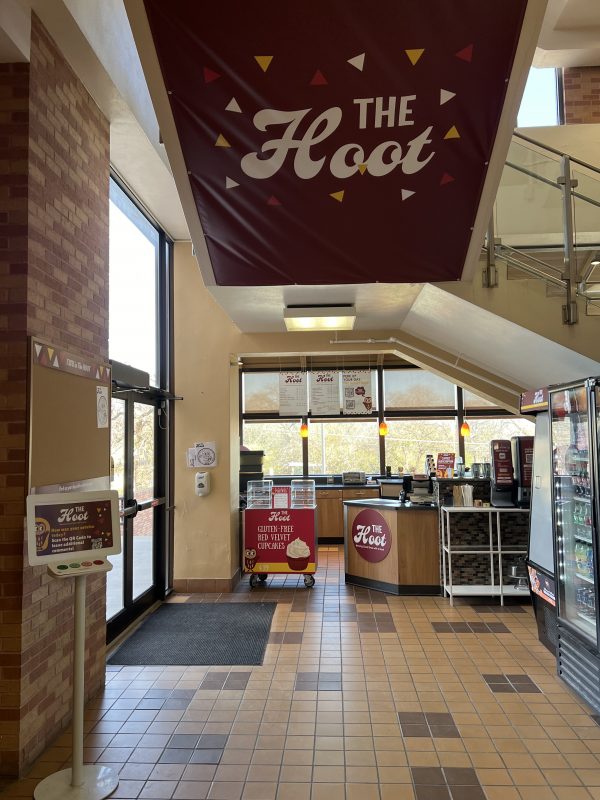
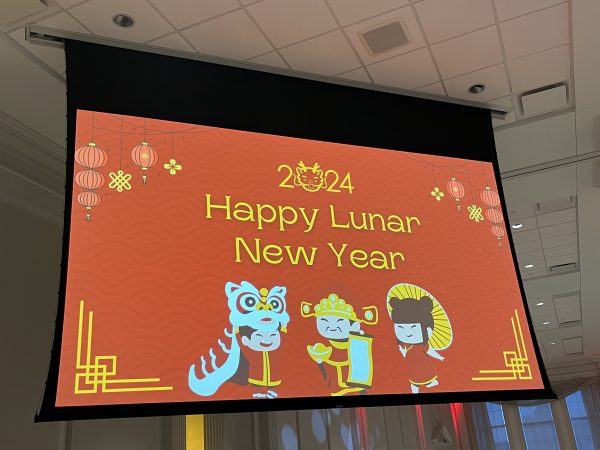
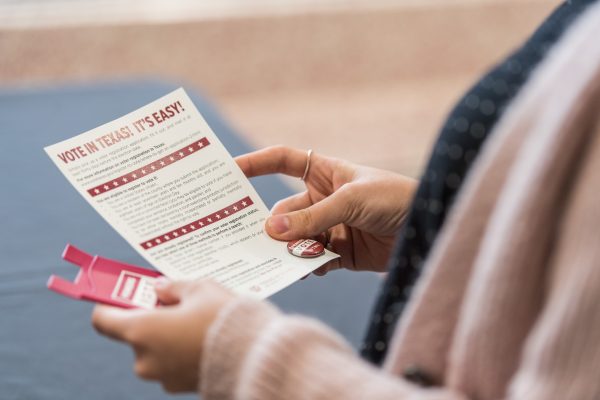

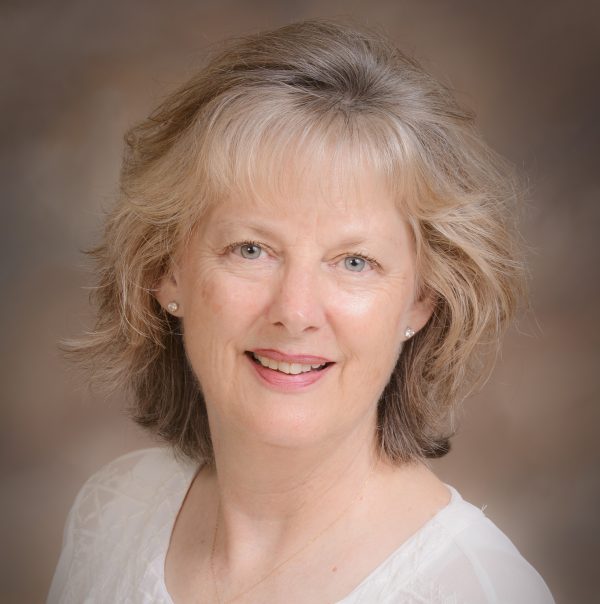

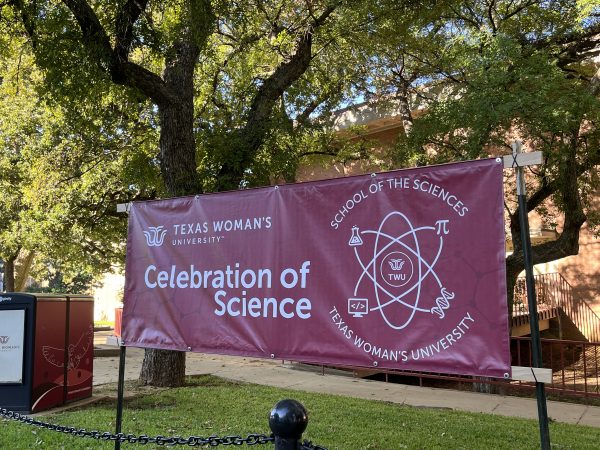

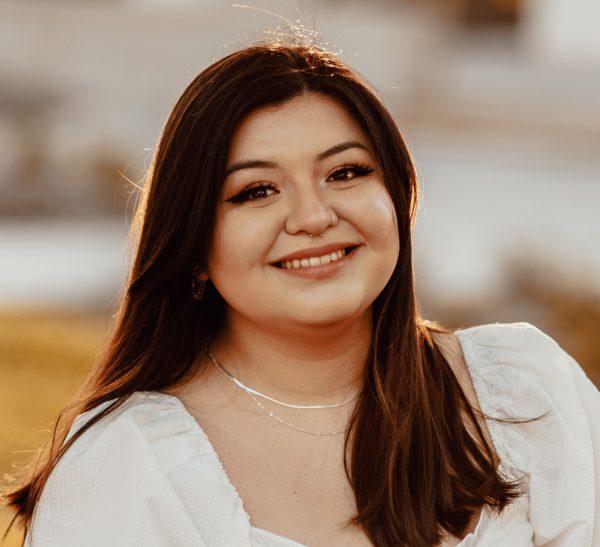
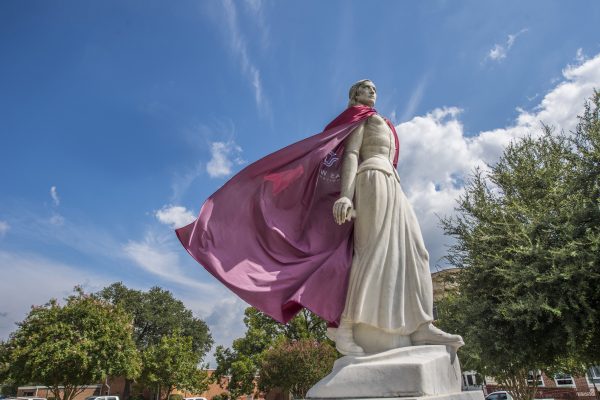
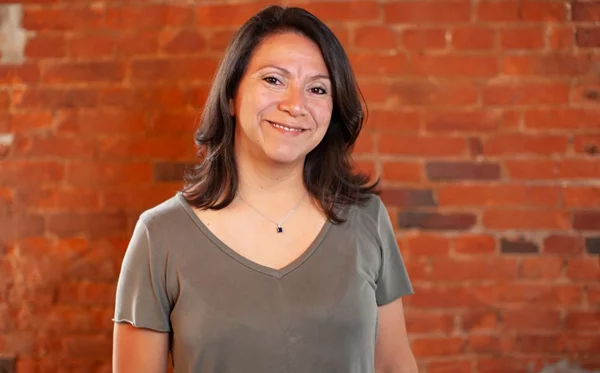

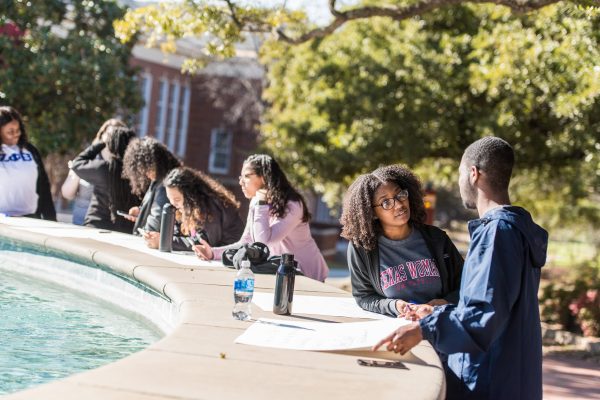
Be First to Comment